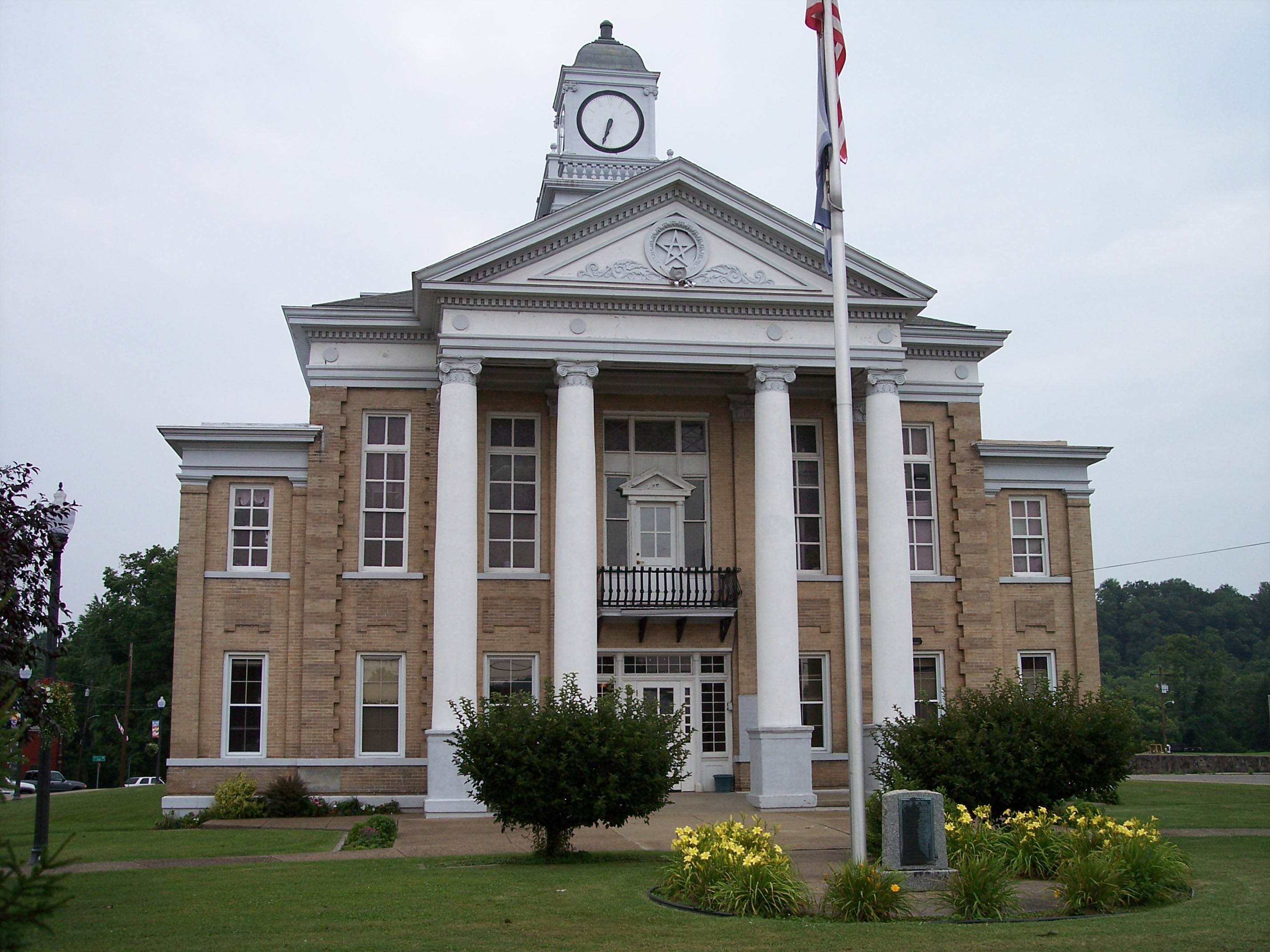At common law, trustees had a fiduciary duty not to delegate tasks they can perform themselves. However, our current financial system’s increasing complexity makes it unreasonable for many trustees to manage trust assets on their own. The opportunities for investments are endless, and the sophistication of even basic financial instruments has increased since the creation of the common law duty not to delegate tasks. As a result, it is often in the best interests of all parties – including the trustee – to enlist the help of experienced professionals who can assist with investment decisions. Doing so ensures the trust’s assets are financially productive and protected. When delegating his…
-
-
Breach of Trustees’ Fiduciary Duty – Part 3: Duty to Administer Trusts Prudently and Duty to Inform, Report, and Maintain Adequate Records
In Part 2 of this series, we examined trustees’ duties of loyalty and impartiality. This post will examine the duty to administer trusts prudently and Part 4 will discuss the duty to delegate – or not delegate – in more depth. The duty to administer trusts involves the basic values of good faith, while the duty to inform, report, and maintain adequate records involves the reasonableness of a trustee’s actions. While these principals seem straight forward, they are a bit nuanced in practice. Duty to Administer Trusts Prudently The duty to administer trusts prudently mandates trustees carry…
-
Breach of Trustees’ Fiduciary Duty – Part 2: Duty of Loyalty & Duty of Impartiality
As we’ve mentioned in part 1 of this series, trustees are fiduciaries and, as such, trustees owe a variety of fiduciary duties to multiple parties. These obligations include both the duty of loyalty and duty of impartiality, which we will discuss this week. To prove a trustee breached of one of these duties, one must show three things: (1) the existence of a fiduciary relationship; (2) the breach of a fiduciary duty; and (3) damages proximately caused by the breach of the duty.[1] It is important to keep in mind that the express terms of the trust can modify…
-
Breach of Trustees’ Fiduciary Duty – Part 1: General Considerations
This is the first of a four-part series examining trustee’s fiduciary duties and the circumstances that could result in litigation. To begin, we will discuss basic principles that will lay a groundwork to inform our larger discussion. What is a Trust and a Trustee?[1] A trust is a financial instrument or tool through which people can transfer their assets to others over time. People who create trusts are called “settlors,” because they “settle” or initially put assets into the trust. Those who stand to benefit from the assets in the trust are known as “beneficiaries.” The person…
-
Accelerating Estate Disputes: The Living Probate Option
North Carolina joins four other states in providing a path to ensure decedents’ assets are distributed according to their wishes upon death.[1] The North Carolina General Assembly recently enacted legislation amending statutes regarding estate administration by adding a procedure for “living probate.” This action is usually commenced by a testator – the author of a will – prior to his or her death where he or she anticipates a challenge to the will’s validity. The court can now declare a will is valid while the testator is alive, thereby preventing potentially more expensive litigation after the testator’s death, when he or she is unable to…




